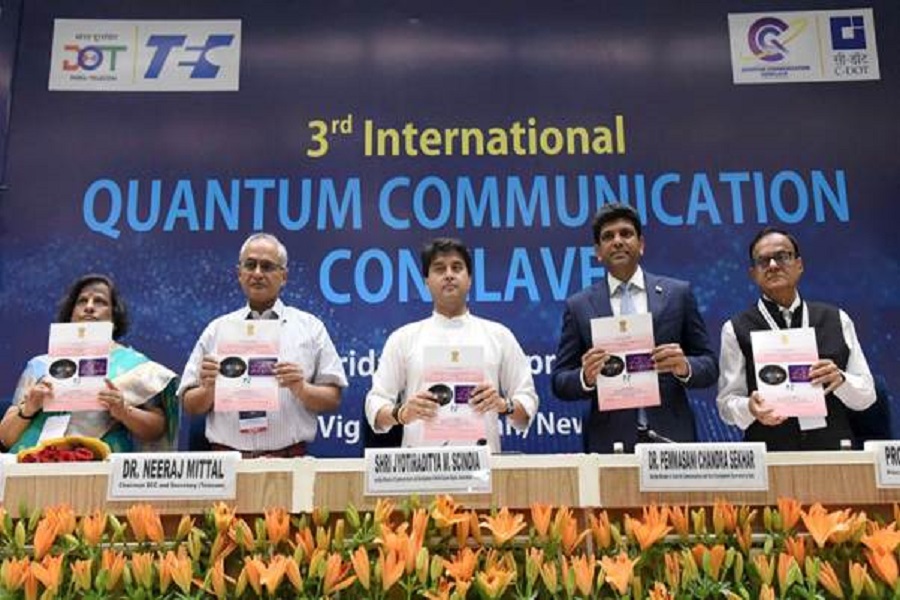Things you should know about insurance claim settlement ratio - PNB MetLife

Today the world is full of uncertainties. In such apprehensive times, you worry about your family’s well-being in your absence. This is the reason why life insurance has become so popular in recent times. However, some ambiguity still remains when you have to opt for a life insurance provider. Many of us have heard negative feedback that the insurance settlement process is highly cumbersome, and most of the times, get delayed or denied. Claim settlement as well as third party insurance claim settlement has gained the reputation of being difficult to obtain and resolve.
To remove such doubts from the insurance holders’ minds and to further promote the concept of life insurance; Insurance Regulatory and Development Authority (IRDAI) has made the issuance of claim settlement ratio of insurance providers mandatory in India.
Since numerous insurance companies are available in the market; it becomes difficult to choose the right one for you. To ease this problem too, claim settlement ratios of these companies assist you in making the correct decision.
What is Claim Settlement Ratio?
Claim settlement ratio, as the name suggests, is the ratio of the number of claims settled by an insurer against the number of claims filed. In simple words; higher the claim settlement ratios better the insurance provider. This ratio is an indication of the probability or possibility of your claim getting settled. The report indicating the claim settlement ratios for life insurance of all insurance providers is released and published by IRDAI every year.
How is Claim Settlement Ratio calculated?
Suppose, XYZ insurance company receives 1000 death claims every year. Of which, 900 have been settled, but balance 50 have been rejected for whatever reasons and 50 claims are pending; then:
- Claim settlement ratio of 90% (i.e. 900/1000*100);
- Claim repudiation or rejection ratio of 5% (i.e. 50/1000*100); and
- Claim pending ratio of 5% (i.e. 50/1000*100).
It is to be noted that claim settlement ratios are always mentioned in percentages for ease of understanding. The published numbers of these insurance settlement ratios go a long way in facilitating your selection of an insurance provider. This will not only ensure trust in the company but also denote the standing and position of the company in the market.
Regulation of Claim Settlement Ratio by IRDAI
The claim numbers are specified clearly in Statement 6 and 7 of the IRDAI annual report for individual and group claim settlement numbers, respectively. Further, you can either check on the individual insurer’s website or the IRDAI website for such numbers.

Several times insurers advertise their death claim settlement ratios publicly without specifying what type of insurance settlement ratios they are. Often numbers, including group and individual claim paid ratios are clubbed together; thereby, reflecting a higher number than the actual picture. IRDAI has imposed certain restrictions, on such false and misinterpreted advertising, to protect consumer interest. Insurance companies have to advertise group products through ONLY group claim settlement numbers clearly; and individual products through individual insurance settlement numbers.
What is considered a good Claim Settlement Ratio?
Ideally, it is stated that having a claim settlement ratio higher than 80% is good; and if above 90% then the product is of great value. Further, not only does the insurance settlement ratio matter but also the time taken to resolve the life insurance claim. Thirty days is supposed to be good, and twenty days is presumed to be excellent in terms of the company’s efficiency and process proficiency.
Despite the above details, there may be an instance that your claim gets rejected on account of numerous reasons. Remember that only the beneficiary of the life insurance as nominated by the insurance holder will be eligible to claim the insurance. Even if you are the legal heir but not the beneficiary, you shall have no claim over the insurance settlement at the time of its maturity. If you are the authorized beneficiary, ensure that you provide full disclosures of your details, medical habits and history, inform the nominee, fill the application form yourself, and keep reviewing the policy documentation to see if all the terms and conditions are as per your expectations. Browse the website to know more about Term Insurance and the various Term Plans offered by PNB MetLife.
Disclaimer:
The aforesaid article presents the view of an independent writer who is an expert on financial and insurance matters. PNB MetLife India Insurance Co. Ltd. doesn’t influence or support views of the writer of the article in any way. The article is informative in nature and PNB MetLife and/ or the writer of the article shall not be responsible for any direct/ indirect loss or liability or medical complications incurred by the reader for taking any decisions based on the contents and information given in article. Please consult your financial advisor/ insurance advisor/ health advisor before making any decision.
PNB MetLife India Insurance Company Limited, Registered office address: Unit No. 701, 702 & 703, 7th Floor, West Wing, Raheja Towers, 26/27 M G Road, Bangalore -560001, Karnataka.
IRDAI Registration Number 117. CI No: U66010KA2001PLC028883. For more details on risk factors, terms and conditions, please read the sales brochure carefully before concluding the sale.
The marks “PNB” and “MetLife” are registered trademarks of Punjab National Bank and Metropolitan Life Insurance Company, respectively. PNB MetLife India Insurance Company Limited is a licensed user of these marks.
Call us Toll-free at 1-800-425-6969.. Phone: 080-66006969, Website: www.pnbmetlife.com, Email: indiaservice@pnbmetlife.co.in or Write to us: 1st Floor, Techniplex -1, Techniplex Complex, Off Veer Savarkar Flyover, Goregaon (West), Mumbai – 400062, Maharashtra. Phone: +91-22-41790000, Fax: +91-22-41790203
AD-F/2019-20/00302
BEWARE OF SPURIOUS/FRAUD PHONE CALLS!
• IRDAI is not involved in activities like selling policies, announcing bonus or investment of premiums. Public receiving such phone calls are requested to lodge a police complaint.
















